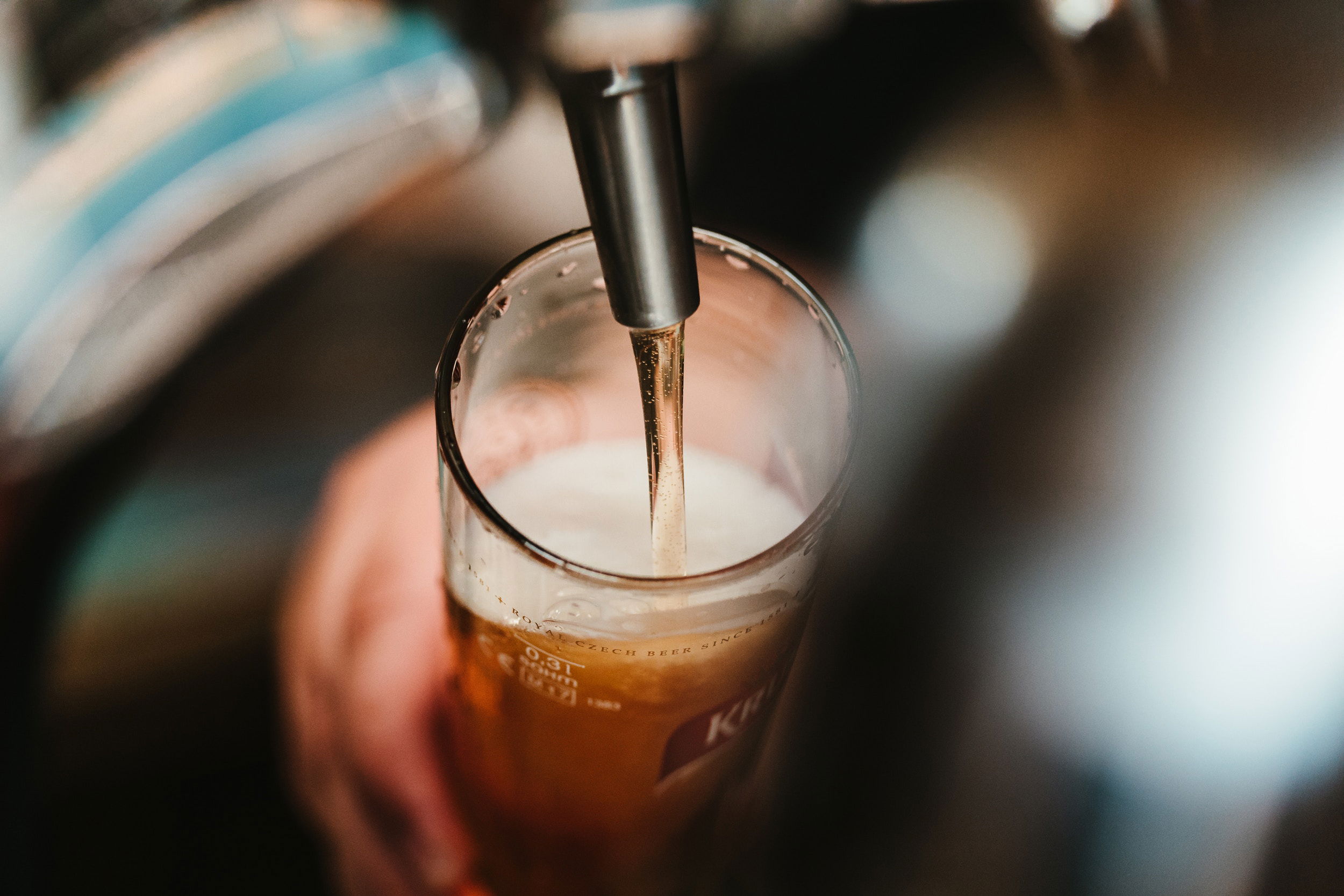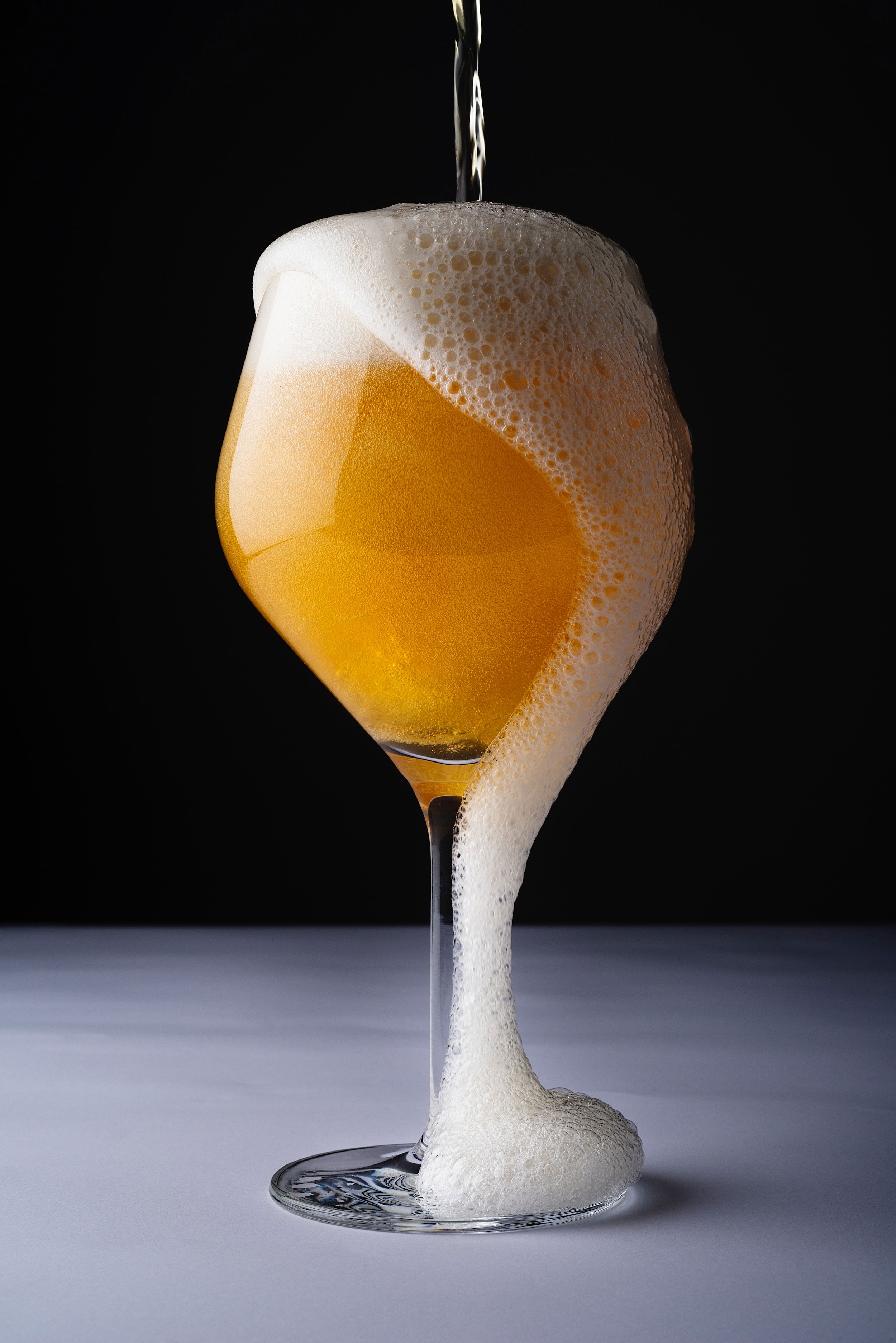Home Brewing 101: A DIY Guide to Making Your Own Beer
Home brewing, the art of crafting beer in the comfort of your own home, has experienced a resurgence in popularity in recent years. What was once the domain of a select group of dedicated enthusiasts has now become an accessible and enjoyable hobby for many. Brewing your beer offers a unique opportunity to explore the world of flavors, experiment with ingredients, and create beer that suits your personal taste. In this comprehensive guide, we will delve into the fascinating world of home brewing, offering a step-by-step DIY approach to help you get started on your beer-making journey.

The Allure of Home Brewing
Home brewing has captured the hearts of many for a variety of reasons:
- Creative Expression: Brewing beer allows you to become a brewmaster, experimenting with different ingredients and recipes to craft your unique flavors.
- Cost Savings: Homemade beer can be more economical than store-bought varieties, especially when you consider the initial equipment investment.
- Quality Control: You have complete control over the brewing process, ensuring the freshness and quality of your beer.
- Community and Sharing: The home brewing community is vibrant and welcoming, with enthusiasts sharing tips, recipes, and camaraderie.
- Fun and Learning: Home brewing is not just a hobby; it's an educational experience that teaches you about the science and art of brewing.
Getting Started with Home Brewing
1. Gather Your Equipment
Before embarking on your brewing adventure, you'll need the right equipment:
- Fermenter: A vessel for fermenting your beer, often a food-grade plastic bucket or glass carboy.
- Airlock: A device that allows gases to escape during fermentation while preventing contaminants from entering.
- Boiling Pot: A large pot for boiling and brewing your beer.
- Ingredients: Malt extract, hops, yeast, and water are the primary ingredients you'll need.
- Bottles and Caps: For bottling and storing your beer.
- Sanitization Supplies: Cleaning and sanitizing solutions to ensure a sterile brewing environment.
2. Select a Recipe
Choose a beer style that you want to brew. Beginners often start with simpler styles like pale ale or stout. You can find recipes in brewing books, online forums, or from experienced home brewers.
3. Sanitize Everything
Proper sanitation is crucial in brewing. Thoroughly clean and sanitize all equipment to prevent contamination.
4. Brewing Process
Here's an overview of the brewing process:
- Boiling: Combine malt extract, hops, and water in your boiling pot. Boil the mixture, adding hops at specific times to impart bitterness, flavor, and aroma.
- Cooling: Quickly cool the wort (unfermented beer) using a wort chiller or an ice bath.
- Fermentation: Transfer the cooled wort to a fermenter, pitch yeast, and seal it with an airlock. Allow it to ferment for about one to two weeks.
- Bottling: After fermentation, bottle your beer with priming sugar to carbonate it. Cap the bottles and let them carbonate for another week or two.
- Aging: Some beer styles benefit from aging, so be patient and allow your beer to mature.
5. Enjoy Your Beer
Once your beer has aged, it's time to enjoy the fruits of your labor. Pour yourself a glass, savor the flavors, and share your creation with friends and family.
Home Brewing Tips
- Practice Patience: Brewing beer takes time, and rushing the process can lead to disappointing results. Be patient and allow your beer to ferment and condition properly.
- Record Keeping: Keep detailed notes of your brewing process, including ingredients, timings, and observations. This will help you refine your recipes and techniques.
- Experiment: Don't be afraid to experiment with different ingredients and styles. Brewing is an art, and creativity knows no bounds.
- Stay Clean: Maintain a clean and sanitized brewing environment to prevent contamination, which can ruin your beer.
- Join a Community: Consider joining a local home brewing club or online forums to connect with experienced brewers who can offer guidance and support.

Conclusion
Home brewing is a rewarding and enjoyable hobby that allows you to explore the art of crafting beer. Whether you're a seasoned brewmaster or a novice, the journey of creating your beer is filled with excitement and learning. By following the steps outlined in this DIY guide and embracing the creativity and experimentation that brewing offers, you can craft unique and delicious beers that reflect your taste and style. So, gather your equipment, select a recipe, and let the magic of home brewing take you on a flavorful and aromatic adventure. Cheers!